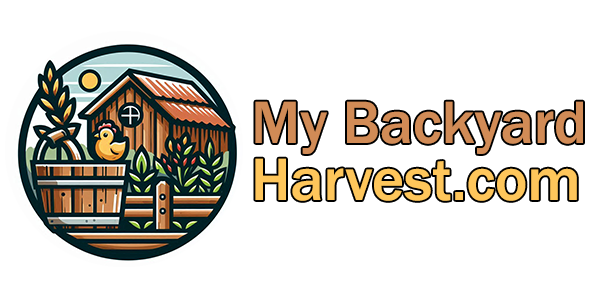What kind of skills do I need for homesteading?
Introduction
Homesteading has become increasingly popular in recent years, as more people seek a sustainable lifestyle that reduces their reliance on modern society and saves them money on food and other expenses. Whether you're a young family, retiree, or simply interested in organic gardening, permaculture, or raising livestock, homesteading offers a way to achieve greater self-sufficiency and live more eco-friendly. In this blog post, we'll explore what it takes to become a successful homesteader, including the skills required, the best states for homesteading, and the importance of sustainable living and permaculture. By the end of this post, you'll have a clear idea of what it takes to live a self-sufficient lifestyle. But that's not all - if you're interested in learning more about homesteading and sustainable living, be sure to subscribe to our website for valuable resources and newsletters.
Skills Required for Homesteading
Homesteading requires a diverse set of skills that enable you to live a self-sufficient lifestyle. Whether you're growing your own food, raising livestock, or making your own cleaning and personal care products, there are a variety of skills you'll need to develop to succeed as a homesteader. Here are some of the key skills required for homesteading:
Gardening: One of the most important skills for homesteading is gardening. Whether you have a large plot of land or a small backyard, learning how to grow your own fruits and vegetables is essential for achieving self-sufficiency. Some of the key gardening skills you'll need to learn include seed starting, soil preparation, pest management, and crop rotation.
Animal Husbandry: If you're interested in raising your own livestock, you'll need to develop animal husbandry skills. This includes learning how to properly feed and care for your animals, as well as how to handle them safely and humanely. Some of the most common animals raised on homesteads include chickens, goats, sheep, and cows.
Food Preservation: One of the benefits of homesteading is being able to preserve your own food. This includes canning, dehydrating, and freezing fruits and vegetables, as well as making your own jams, jellies, and pickles. Learning how to preserve your own food is a valuable skill that can help you save money and reduce food waste.
DIY Projects: Homesteading also requires a variety of DIY skills, such as woodworking, metalworking, and plumbing. Being able to build and repair your own structures and equipment is essential for achieving self-sufficiency and reducing your reliance on modern society.
Self-Sufficiency Mindset: Perhaps the most important skill for homesteading is developing a self-sufficiency mindset. This includes learning how to live frugally, reduce waste, and be resourceful with what you have. It also means being willing to learn new skills and adapt to changing circumstances.
By developing these skills, you'll be well on your way to becoming a successful homesteader. And if you're just starting out, don't worry - there are plenty of resources available to help you learn. Websites like Homesteading for Beginners and Homesteaders of America offer valuable advice and tips for beginning homesteaders.
Subscribe for the latest updates and Guidance
Quick Links
Latest Posts
10 Essential Homesteading Skills Every Beginner Should Learn
on May 14, 2024
A Beginner's Guide to Vegetable DIY Raised Garden Beds.
on July 14, 2024
DIY | How to Build Own Backyard Chicken Coop: Complete Step-by-Step Guide
on July 16 2024
Created with © Survival Insights

